Welcome to GeoContext!
Our Goal
Creating a diverse new generation of geoscientists begins at the training stage. In undergraduate courses, early geoscientists are often glorified and discussed in terms of intellectual achievements, strong personalities, or heated debates. Nevertheless, the social and political backdrop for these scientists was complicated: the development of geology as a discipline is intertwined with the history of imperialism, colonialism, and Westward Expansion in the United States. Such topics are rarely discussed in current geoscience courses, and continuing to train the next generation of geoscientists without regard to this history perpetuates the same practices of exclusion. This is particularly important as co-production — developing knowledge and science together with local communities — is increasingly gaining attention and recognition today. Now, more than ever, there is a real need for historical literacy to be an integral part of STEM curriculum and training.
Here we present a resource to assist educators in integrating topics on racism, colonialism, imperialism, environmental damage, and exploitation of natural resources into subjects commonly taught within geoscience departments. This resource consists of modular lecture slides with accompanying lecture notes, suggested discussion questions, and further reading to promote in-class engagement. This resource is freely available and geared towards flexibility so that rather than being a standalone course, it allows educators to pick and choose content for incorporation into their existing lectures. Topics available include plate tectonics, geomorphology, glaciology, and volcanology. For each topic, we discuss the imperialist nature of the sciences in the 19th and 20th century and link it to social inequalities today, with a particular focus on the overlooked contributions of early geology to scientific racism.
Ultimately, we hope this work ignites energy towards a reimagined curriculum in the Earth sciences. This curriculum incorporates a social context for the geosciences, past and present, in order to provide a holistic base of knowledge that empowers students to recognize and navigate existing structures of oppression within geoscience and society at large.
Teaching Modules
- Oceanography and the Slave Trade
PowerPoint Slides
Companion Document
- Landscapes and Scientific Racism
PowerPoint Slides
Companion Document
- Isostasy and Colonialism
PowerPoint Slides
Companion Document
- Meteorites and Museum Legacies
PowerPoint
Companion Document
- Glaciology, Race, and Masculinity
PowerPoint
Companion Document
- Land Grab Universities
PowerPoint Slides
Companion Document
- The Maori and Antarctica
PowerPoint Slides
Companion Document
- Volcanology: Native Knowledge and Colonial Powers
PowerPoint Slides
Companion Document
You can cite these modules here: https://doi.org/10.6084/m9.figshare.14158457
Teaching Philosophy
Through storytelling, our aim is to illustrate how geoscience is implicated in colonial and imperialist projects. The teaching approach that drove the creation of these modules is informed by feminist philosophy of science and critical race theory. In the material presented, we attempt to decenter the dominant narrative about the history of geoscience, and geoscience practices, past and present. Feminist standpoint theory posits that knowledge is socially situated (Haraway 1988). In contrast to a “scientific objectivity” that is assumed to be value-neutral, “strong objectivity” requires us to understand the practice of science in a social context, where the political, economic, and social values of the scientific community control the entire scientific process (Harding 1992).
The Team
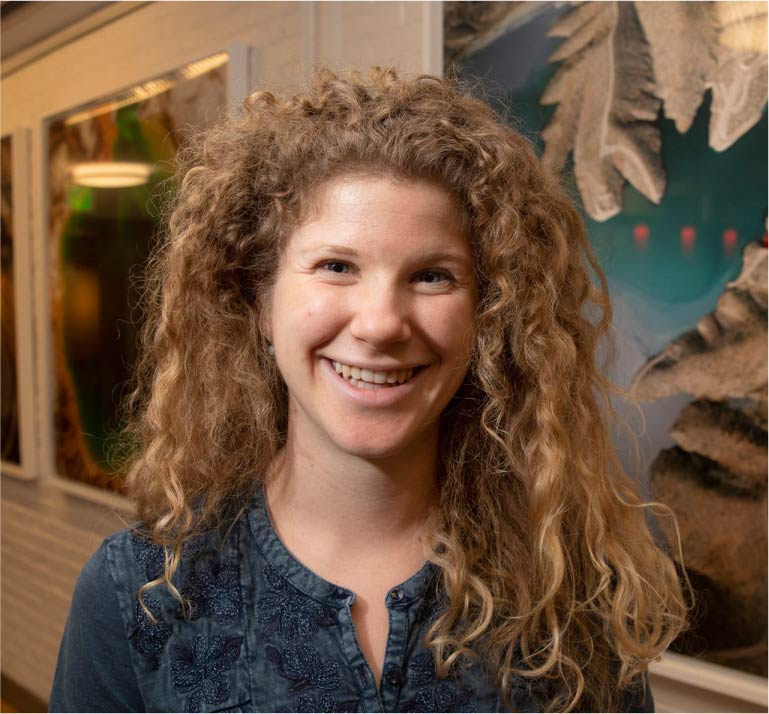 Tamara Pico
Tamara Pico
(she/her/they/them), Assistant Professor, Earth & Planetary Sciences, UC Santa Cruz, ice age sea level change
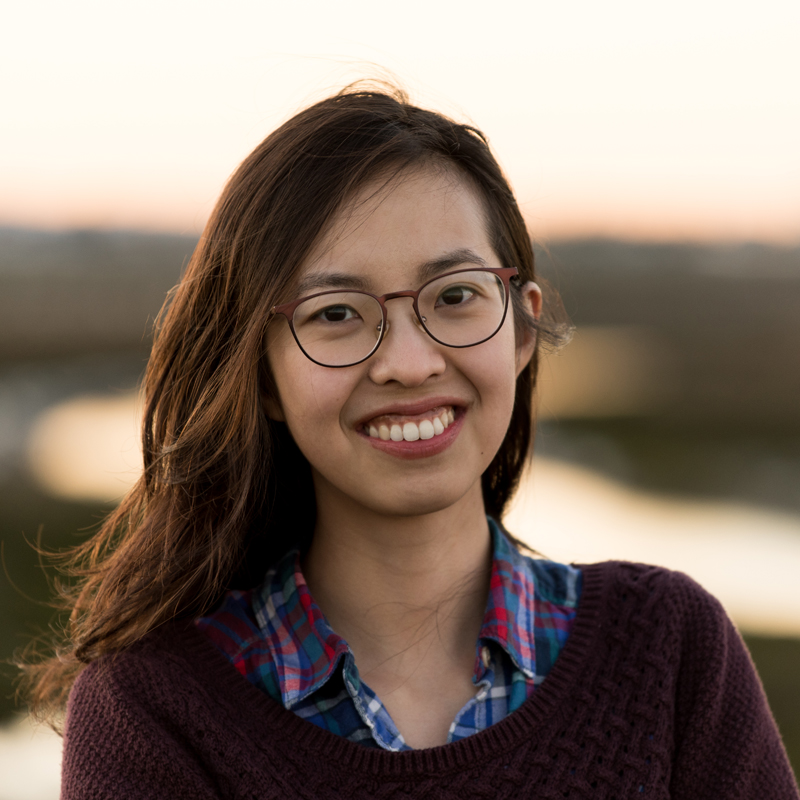 Christine Y. Chen
Christine Y. Chen
(she/her), Postdoctoral Fellow, Lawrence Livermore National Laboratories, quaternary geology and geochronology
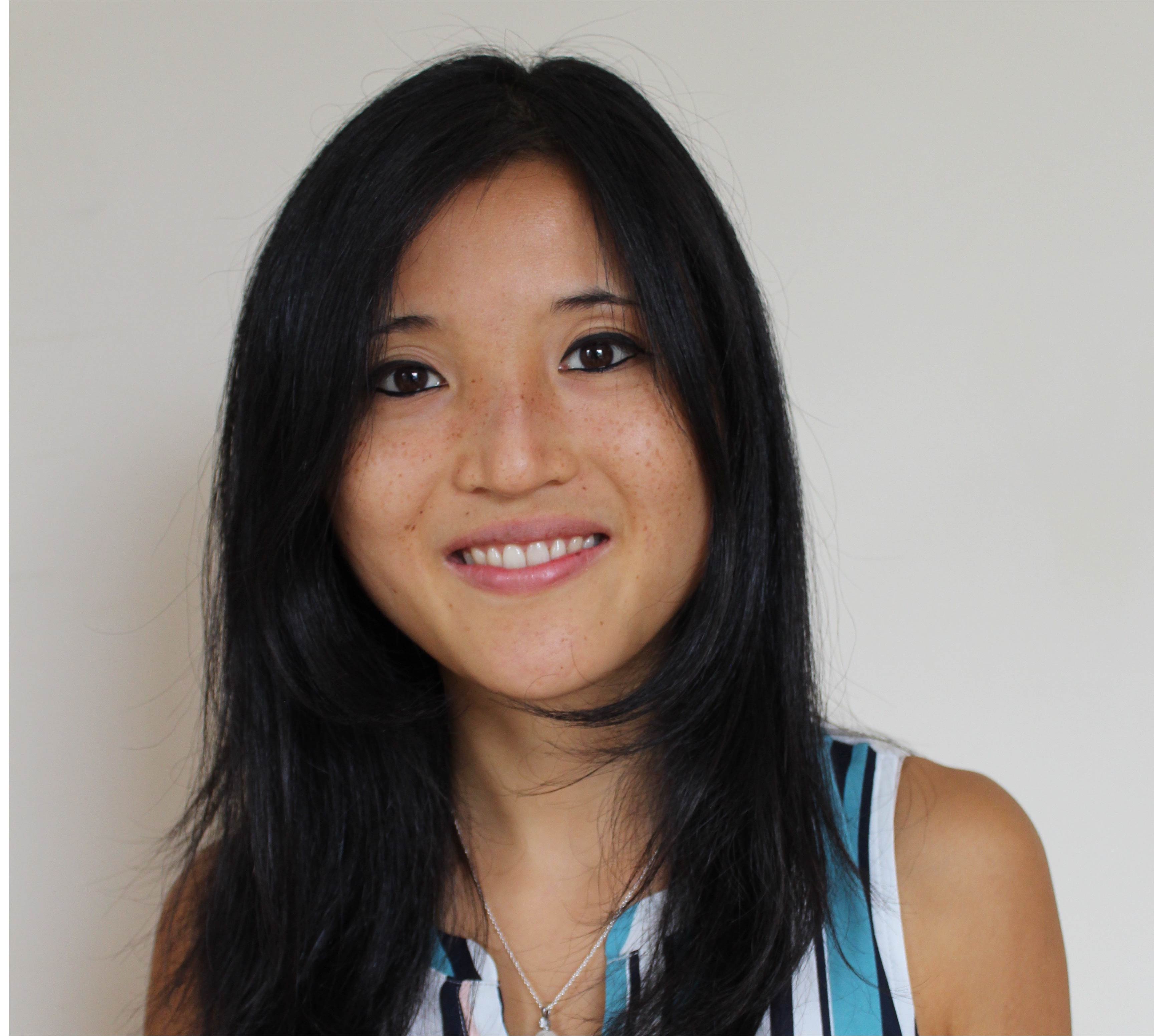 Harriet Lau
Harriet Lau
(she/her), Assistant Professor, Earth and Planetary Science, UC Berkeley, global geodynamics
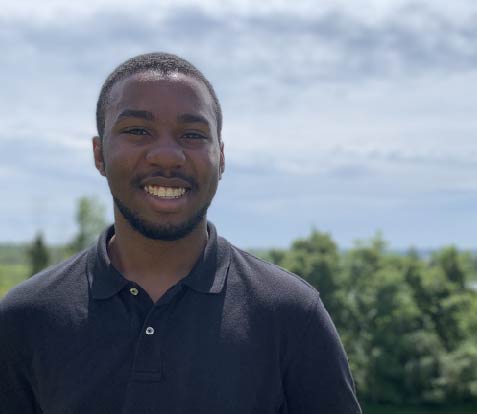 John Wesley Wiggins
John Wesley Wiggins
(he/him), Undergraduate Student (Class of 2021), Department of Geosciences, Princeton University, coastal science and oceanography
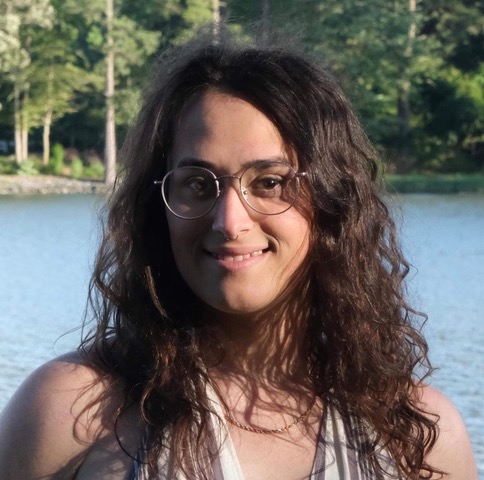 Stephanie Olinger
Stephanie Olinger
(she/her), PhD candidate, Earth & Planetary Sciences, Harvard University, ice shelf rifting and seismology
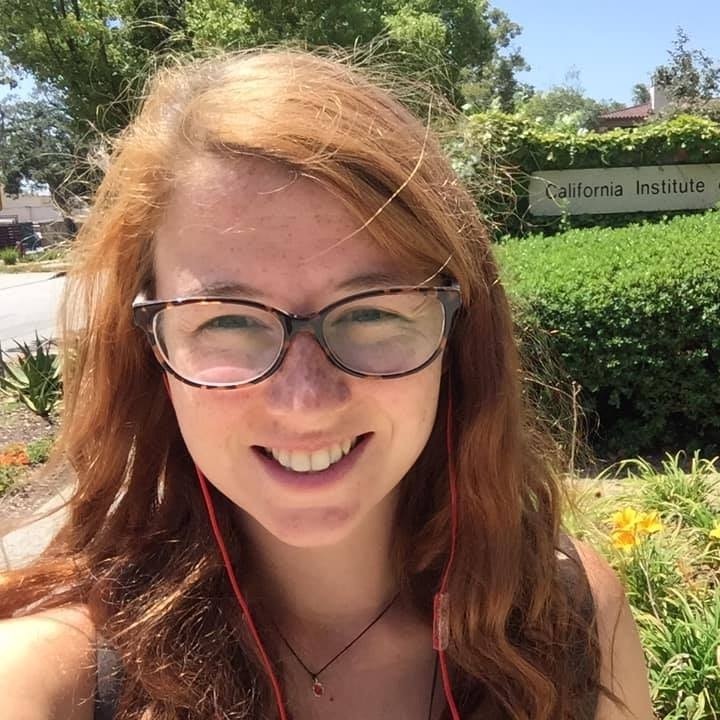 Ery Hughes
Ery Hughes
she/her, Volcanic Fluid Geochemist, at Te Pū Ao | GNS Science, isotope geochemistry and volcanology
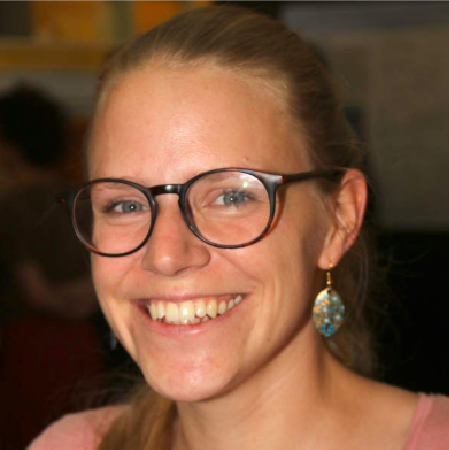 Jacky Austermann
Jacky Austermann
(she/her), Assistant Professor, Lamont-Doherty Earth Observatory, Columbia University, sea level change and geodynamics
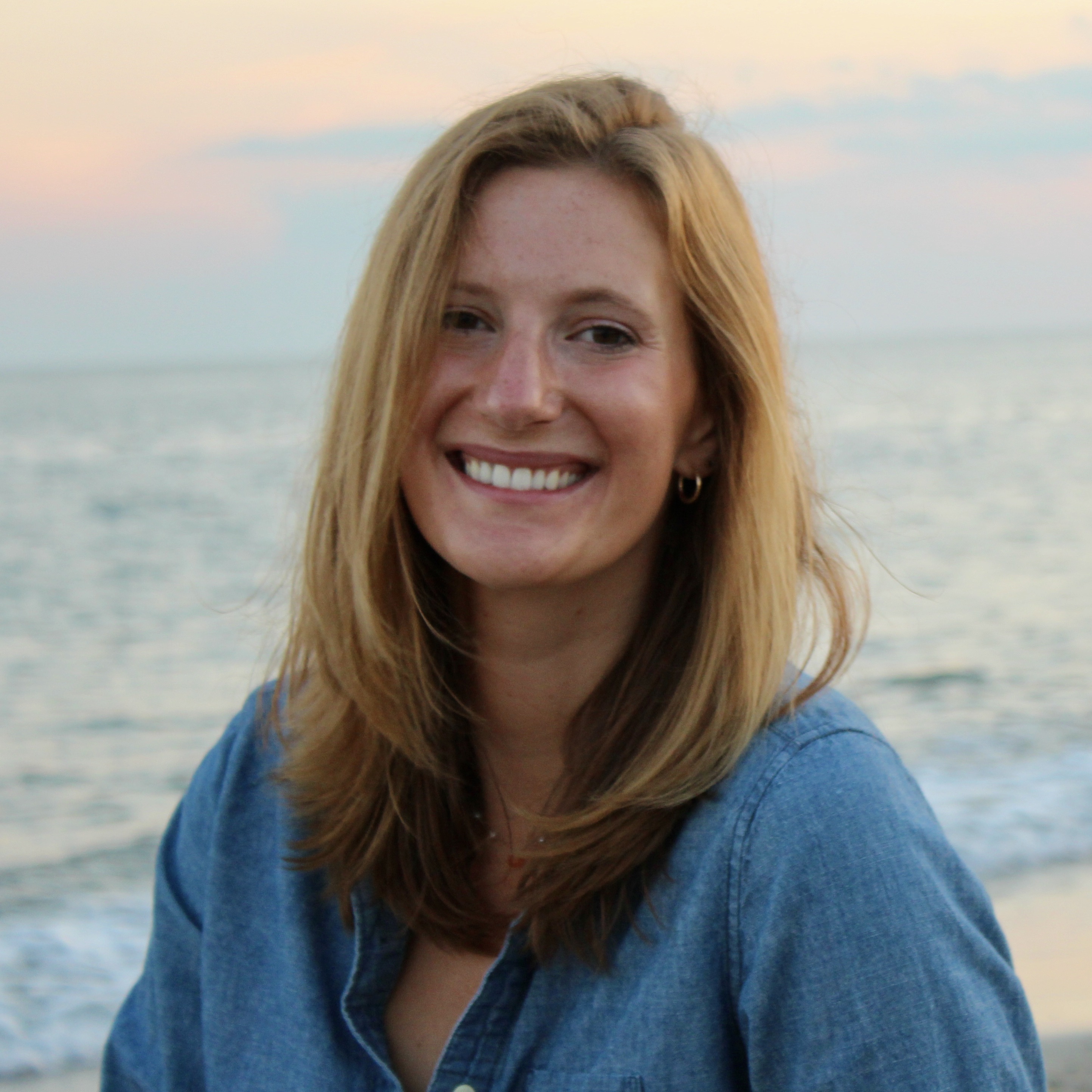 Claire Jasper
Claire Jasper
(she/her), Graduate Student, Lamont-Doherty Earth Observatory, Columbia University, Antarctica, ice rafted debris, sediment cores, machine learning
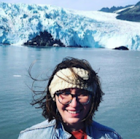 Casey E. Brayton
Casey E. Brayton
(she/they),Graduate Student, Department of Earth and Environmental Sciences, Columbia University, Arctic coastal change and glaciology
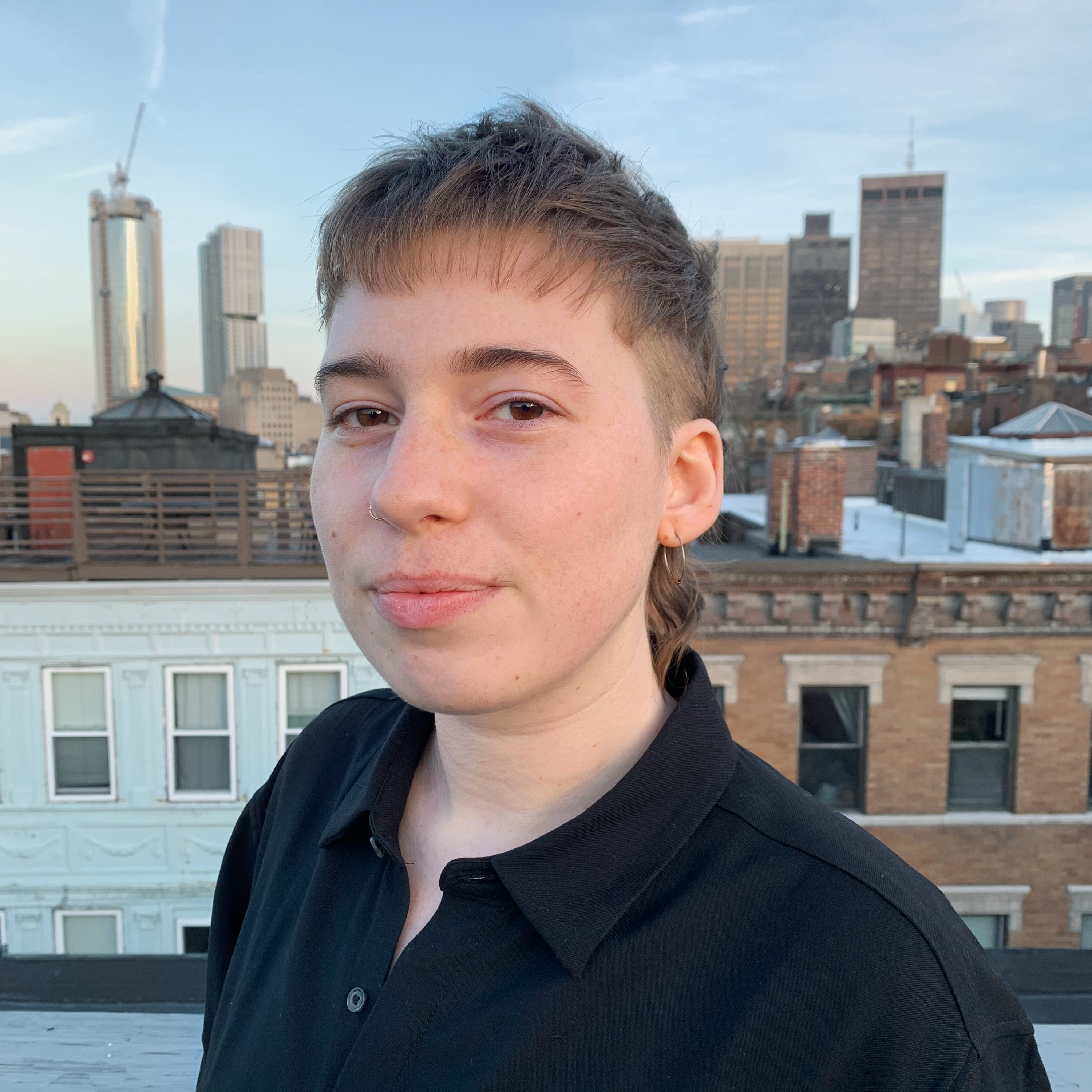 Marisa Borreggine
Marisa Borreggine
(they/she), PhD candidate, Earth & Planetary Sciences, Harvard University, paleoceanography and human migration
Get Involved!
Would you like to stay up to date on new teaching modules? Do you have feedback on our work? Connect with us here !
If you would like to help contribute a module of your own, sign up here !
In the press
EOS article: “Teaching Geoscience History In Context” by Kimberly Cartier. Interview with GeoContext Team Read here!
Interview with Tamara Pico at the URGE (Unlearning Racism in Geoscience) Reading Group: Watch here!